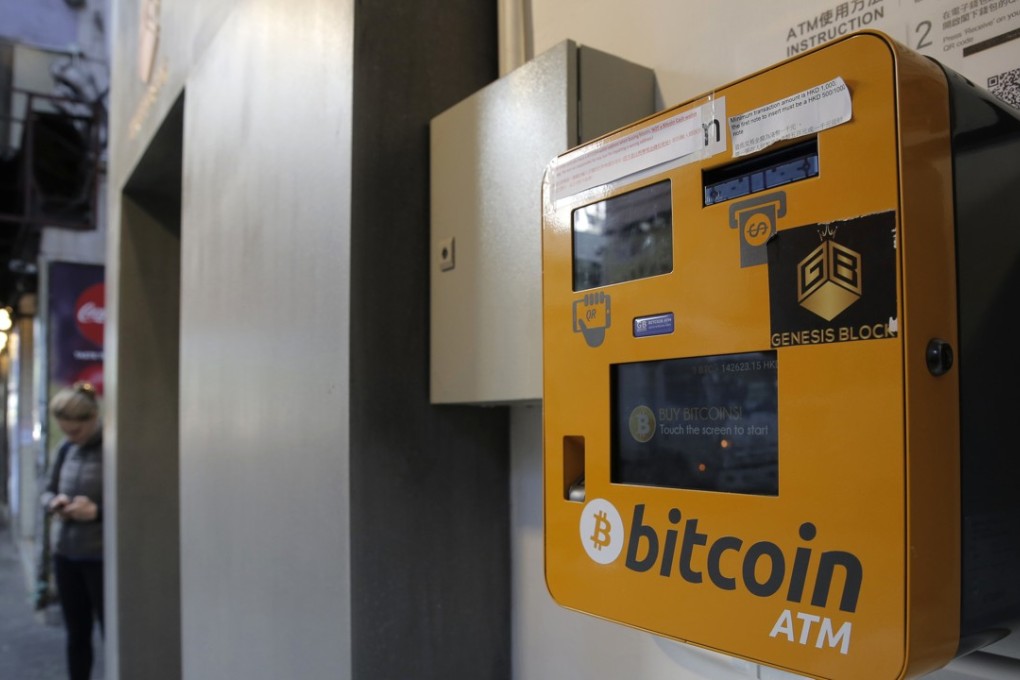Early birds are still rich, as newbie investors become the biggest losers in this bitcoin rout
Bitcoin has declined 59 per cent in less than two months, leaving investors who bought the digital currency recently with huge losses on paper.

The precipitous plunge in recent weeks of virtual currencies like bitcoin and its lesser-known cousin ethereum has landed many recent retail investors with heavy losses on paper.
Many, like Shanghai resident Gao, 25, bought into ethereum last month at the peak ``hoping it [the rise] would continue.” The virtual currency instead dropped 32 per cent in a matter of weeks.
And even though he went in “as a gamble” prepared to “lose everything”, the speed of the plunge still took him by surprise. Gao declined to give his full name as he does not want his family and friends to know about his dabbling in cryptocurrencies.
Tougher regulations by governments around the world spooked investors who sent bitcoin declining by 59 per cent from a peak of more than US$18,000 in December. The virtual currency now trades at less than US$8,000. Ethereum, the other major platform, has lost a third of its value from a record of US$1,188 in January to $806.54.
The rise of cryptocurrencies has made billionaires out of early investors including the Winklevoss twins, internet entrepreneurs who argue that the asset is still vastly undervalued because a lot of its potential usage has yet to be realised. Companies have sought to cash in by introducing “initial coin offerings” (ICO) or attempts to raise funds by issuing digital tokens.
Bitcoin is the most traded digital currency in the world. The underlying technology, called blockchain, is essentially a public ledger of all virtual currency transactions. It allows market participants to track digital currency transactions without requiring central record-keeping, making them popular with some merchants and useful for international money transfers.